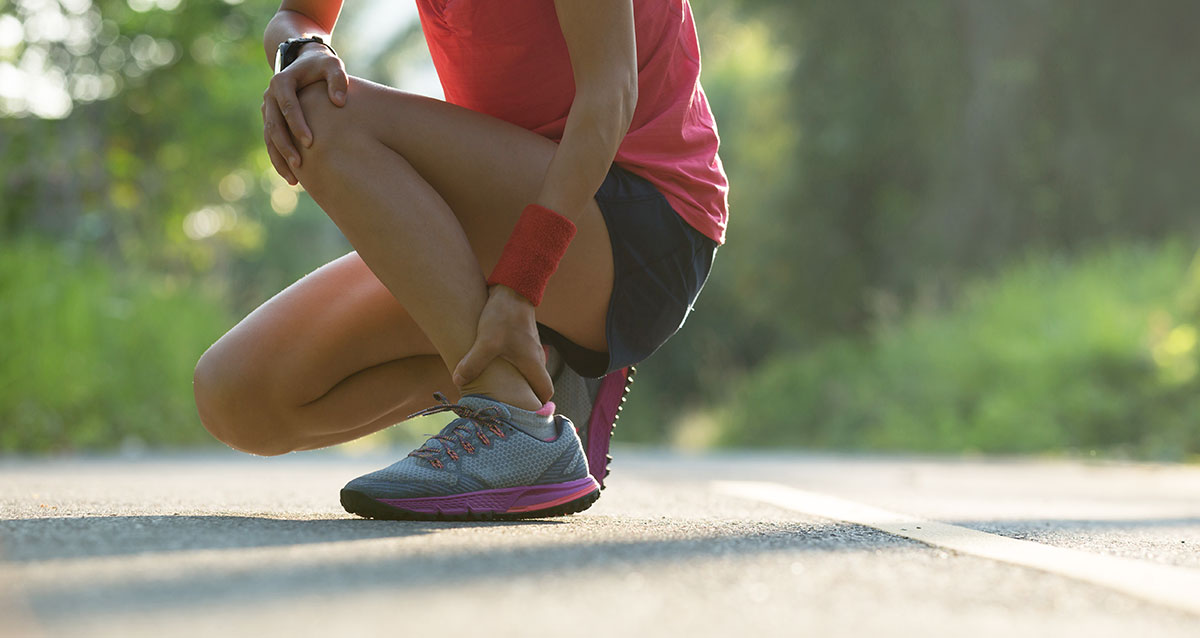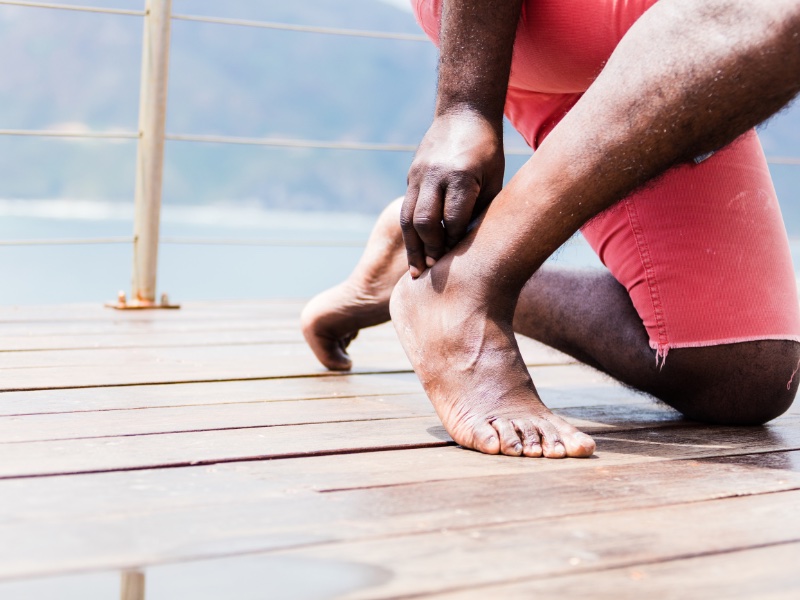Treating Achilles tendon problems
Achilles tendinopathy can often happen after a change in tendon loading. This could be as a result of a change in intensity or volume of training or a change of training surface. Dealing with Achilles tendon problems, such as tendinopathy, can be quite a challenge and can have a real impact on your mobility, your training levels and quality of life. If you are an elite athlete or a ‘weekend warrior’ it affects your ability to perform. Early assessment by a specialist is important and they will help you with a programme of recovery.
Graduated strength programmes – building strength one step at a time
When it comes to managing Achilles tendon problems, selecting the appropriate load is crucial. It’s important to consider the stage and severity of your condition as well as your comfort level with resistance training. However, it is important to customise your training based on your own needs and how your body responds. We know that tendons need to be loaded and loaded heavily to get adaptation and improvements and in many cases it’s ok if the loading causes discomfort.
The key is gradual progression. The early loading may be static holds (isometrics) which are usually less painful but still need to be heavy and very regular (research suggests 4-5 sessions a day of 4×45 seconds) . The ultimate goal is to gradually increase the load to optimise tendon adaptation and strengthen your muscles. By tailoring your program to your abilities and pain response, you will be able to achieve good results.
Settling reactive tendons
Reactive tendons can be quite troublesome. They’re characterised by increased pain and inflammation, making it challenging to perform daily activities. Pushing through these symptoms can actually worsen the condition so it’s important to prioritise settling down the affected area before engaging in intense strength training.
Relative rest is important, but the last thing a tendon wants is complete rest. We know that activity does help and even reactive tendons need to be loaded somehow ( see Isometrics above..). Modify your activities and incorporate controlled loading. By gradually introducing manageable loads, you will allow your tendon to calm down and adapt to increased demands.
Avoiding stretching and massaging
It’s easy to think that stretching and massaging your Achilles tendon can alleviate the discomfort. However, research suggests otherwise. In the clinic we spend a lot of time telling patients to stop stretching their sore tendons and education on the issue is always key. Tendons require appropriate load and gradual adaptation, rather than passive interventions like stretching and massaging.
While stretching may provide temporary relief to the tight calf, it doesn’t address the underlying problem or promote adaptation. In fact, excessive stretching will further irritate the tendon. Massaging the tendon can also aggravate the condition. Instead, it’s important to focus on other strategies such as graduated strength programmes to promote optimal recovery.






